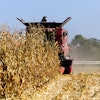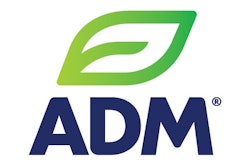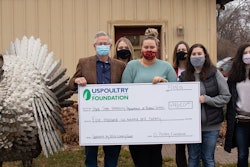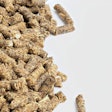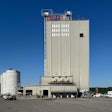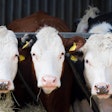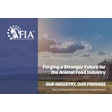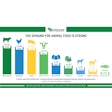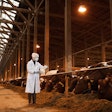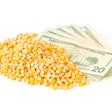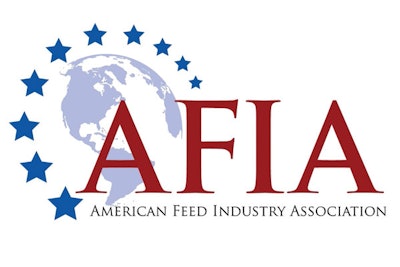
The U.S. Department of Agriculture’s Foreign Agricultural Service (FAS) awarded the American Feed Industry Association (AFIA) $200,000 for 2021 through the Market Access Program (MAP) to support increasing access to U.S. animal food products abroad. The move grants the trade association “cooperator” status for the first time, providing the AFIA the ability to independently manage the U.S. government funds starting on Jan. 1, 2021.
“We are appreciative of the USDA’s recognition of the AFIA as the industry leader in animal feed, feed ingredients and pet food trade,” said AFIA’s President and CEO Constance Cullman. “The U.S. animal food industry has solutions that can help countries boost the efficiency and quality of their animal production practices and pet food diets in a sustainable way. Unfortunately, regulatory and policy constraints continue to block these products from competing fairly in many foreign markets. The AFIA looks forward to partnering with the USDA to address these trade barriers.”
With the newly granted USDA FAS MAP funds, the AFIA will be able to enhance efforts to grow the U.S. animal food industry’s $12.6 billion export market through continued international stakeholder engagement and education, participation in global standard-setting initiatives and efforts that ensure U.S. trade agreements realize their full potential.
Through the MAP, the FAS partners with trade associations, such as the AFIA, and others to share the costs of promoting U.S. agricultural products and commodities abroad to build and expand commercial export markets. The AFIA has received access to MAP funds through a third-party cooperator for the past two years to cover programs related to market access in China as well as to address international standards development.
The new funding will allow the AFIA’s International Trade Committee to expand U.S. animal food industry priorities, such as supporting work on the continued implementation of the U.S.-China Phase One trade agreement and educating foreign end-users and regulators about the efficacy of regulations and the advantages (e.g., utility, safety and quality) that U.S. animal food products bring to animal production and balanced pet diets.
